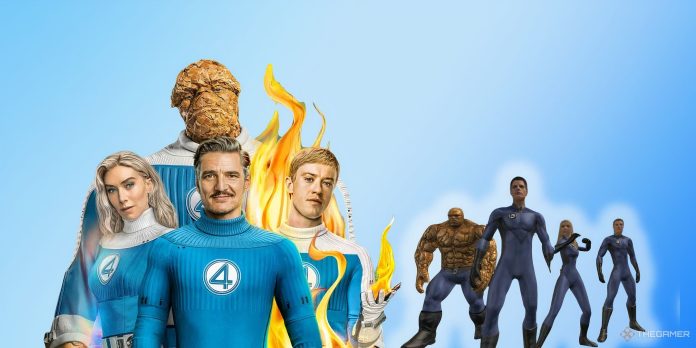Summary
- Licensed shovelware slop of IP-driven video games vanished due to mobile gaming swallowing the market.
- The 2005 Fantastic Four movie game was a bad overhead beat-em-up with myriad issues.
- A Black Panther 2 movie game was stolen from us. STOLEN.
Licensed shovelware slop all but vanished at some point. Did we even notice? Like how the bison population died out in America due to over-hunting, so too did IP-driven video games. Gone are the cheap titles based on things like Disney TV shows, myriad cartoons, and superhero movies. That last one is important, as the release of two major cape-based flicks in the past month – Superman and The Fantastic Four: First Steps – most definitely would have had tie-in games 15 years ago. In fact, it’s happened before. Both franchises have previously seen their movies adapted into video games.
Of course, largely soulless video game adaptations of movies and TV shows never fully went away. The advent of mobile gaming – and the larger budgets that went along with it – swallowed the licensed game market. We may not get stone-cold classics like Corey In The House, but we do get a steady release of middling Marvel and DC mobile titles and there was a point in time where simply
reskinning a game like Farmville counted as a tie-in video game for The Hunger Games.
Still, it’s hard to ignore the impact left by not seeing every single Marvel movie get a corresponding game box to sit on Target shelves for months. I’m almost nostalgic for it…. Almost. Because the truth is, that period of gaming was dark, and no game reminds me of that point in time more than the game tie-in to the 2005 Fantastic Four film.
I mean, sure, the game came with a free movie ticket, but at what price? But my local theater wouldn’t even accept it. I had to pay full price for that terrible movie. This week, I went back to give the Fantastic Four game another spin; did it age like fine wine?
No. No, it didn’t.
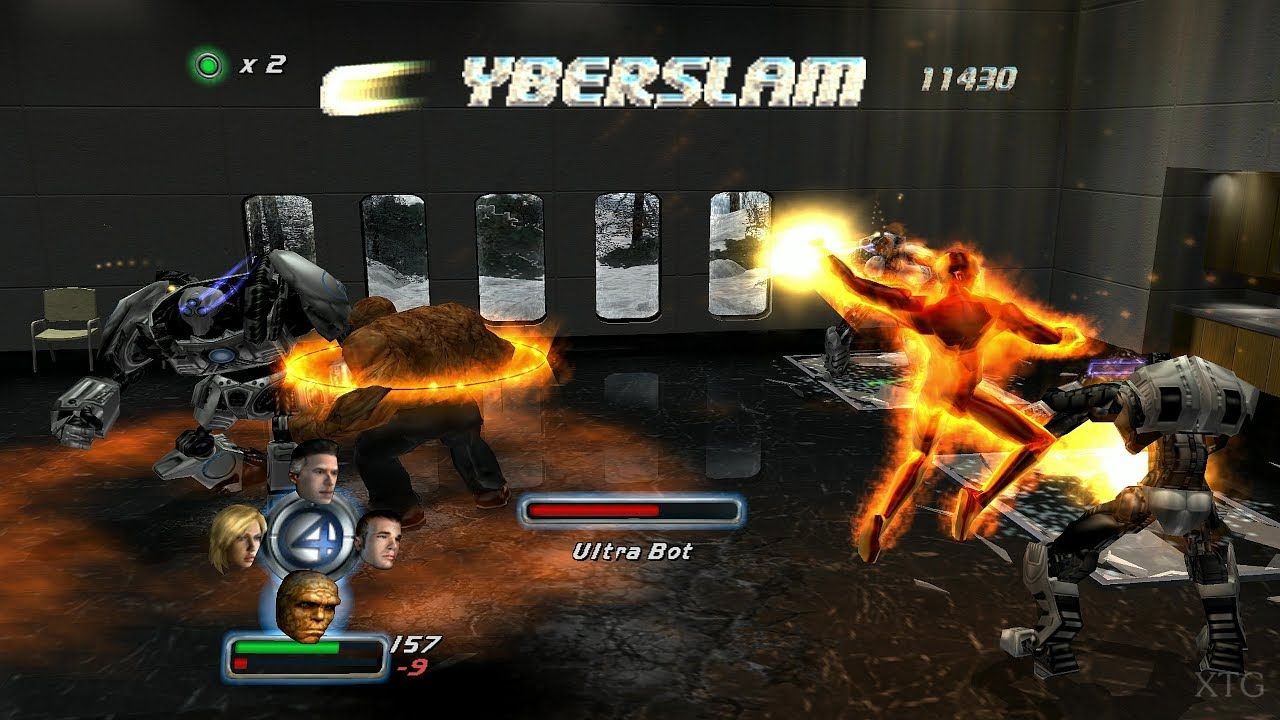
Uuuuuuuuuuugh.
I’ll be the first to admit that the only reason I picked up Fantastic Four on the GameCube was for that aforementioned free ticket. The box art was mostly obscured by this big, glowing sticker saying that each (new) game purchase came with free entry to see the then-newly released Fantastic Four film starring Captain America and a gigantic orange foam block.
Keep in mind, this was a different time and place when it came to Marvel movies. The expectation was not that these films hit more than they missed. I say this even as an apologist for Ben Affleck’s Daredevil: Marvel films were bad. But I was a comic book nerd and had waited since childhood to see my favorite heroes on-screen. So, with GameStop store credits to burn and nothing to lose, I bought a new copy of Fantastic Four.
After all, what’s the worst that could happen? I play a bad game, I get a free movie ticket, I trade said game back in. The circle of life. Oh, boy… Was I wrong on all three accounts.
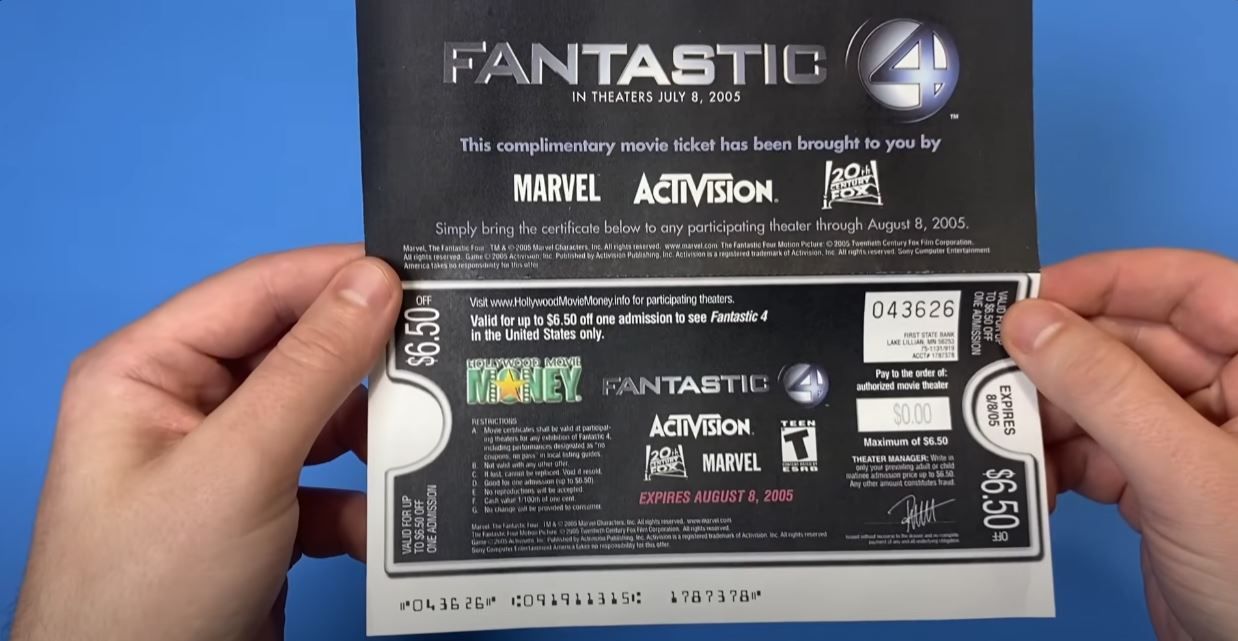
I want my money back.
The first thing to know about the 2005 Fantastic Four movie game is that overhead beat-em-ups were way in vogue. X-Men Legends was a runaway success around the time, bringing with it a deep character lineup along with brawling mechanics that also tied in RPG elements. Those games felt like a fever dream, combining mutant powers into big, showy super attacks and using stat increases in a game that wasn’t turn-based.
That also meant that the format was easy to copy. And mess up.
The Mole Man Will Have His Revenge!
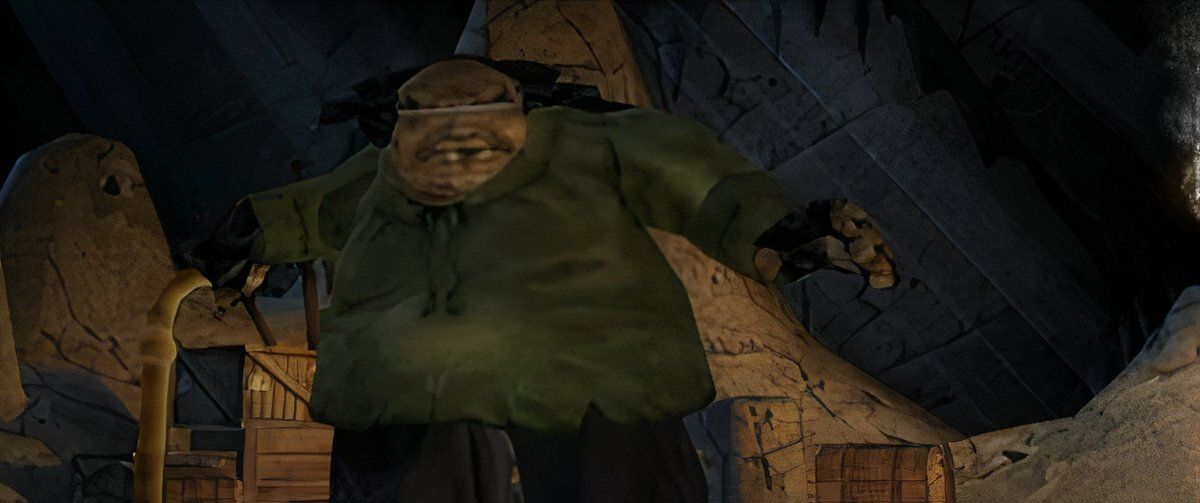
Isn’t he lovely?
Licensed games suffered from a major issue: being beholden to the source material. The PS2 era of gaming finally brought a stable and reliable way to put full video and voice acting into the experience, which was often used as a selling point.
If you’ve seen the 2005 Fantastic Four film, then you know that is not much of a selling point. One aspect where I’ll give all the credit due is that it’s not just a full rehash of the film’s plot. In fact, the game’s story was even a draft for the film at one point and features a lot of additional content. All you Mole Man stans, get prepared.
But that’s where the positives drop off a cliff. Everything else here is bad. The game is hobbled by so many of the same issues other beat-em-ups suffered during this period. A slow, lazy camera, unresponsive attacks, and menuing that fully slows down the experience. We also get some classic ‘voice lines read by the actual actors for a video game tie-in, but done badly’.
Chris Evans sounds like he was given an hour and knocked out his parts as if he was Krusty the Clown recording for a talking doll. And while there’s footage from the film here, most of it is re-rendered in the game’s engine, giving the cast an off-putting, uncanny valley look that is peak PS2-era.
And there are only so many times I can hear Michael Chiklis repeat “It’s Clobbering Time!” when I attack before I want to clobber myself.
Looking back, I’m not shocked that I spent 5 hours on the game, got frustrated, and returned it. However, my earlier sunny outlook on there being no harm in buying the game fell through. Not only would my local theater not honor the $6.50 free movie ticket, but the trade-in value for the game was significantly reduced due to the nature of the ticket. I got around $10 for a full-price game.
Ah, memories.
Nostalgia Is The Greatest Game Tie-In Of All
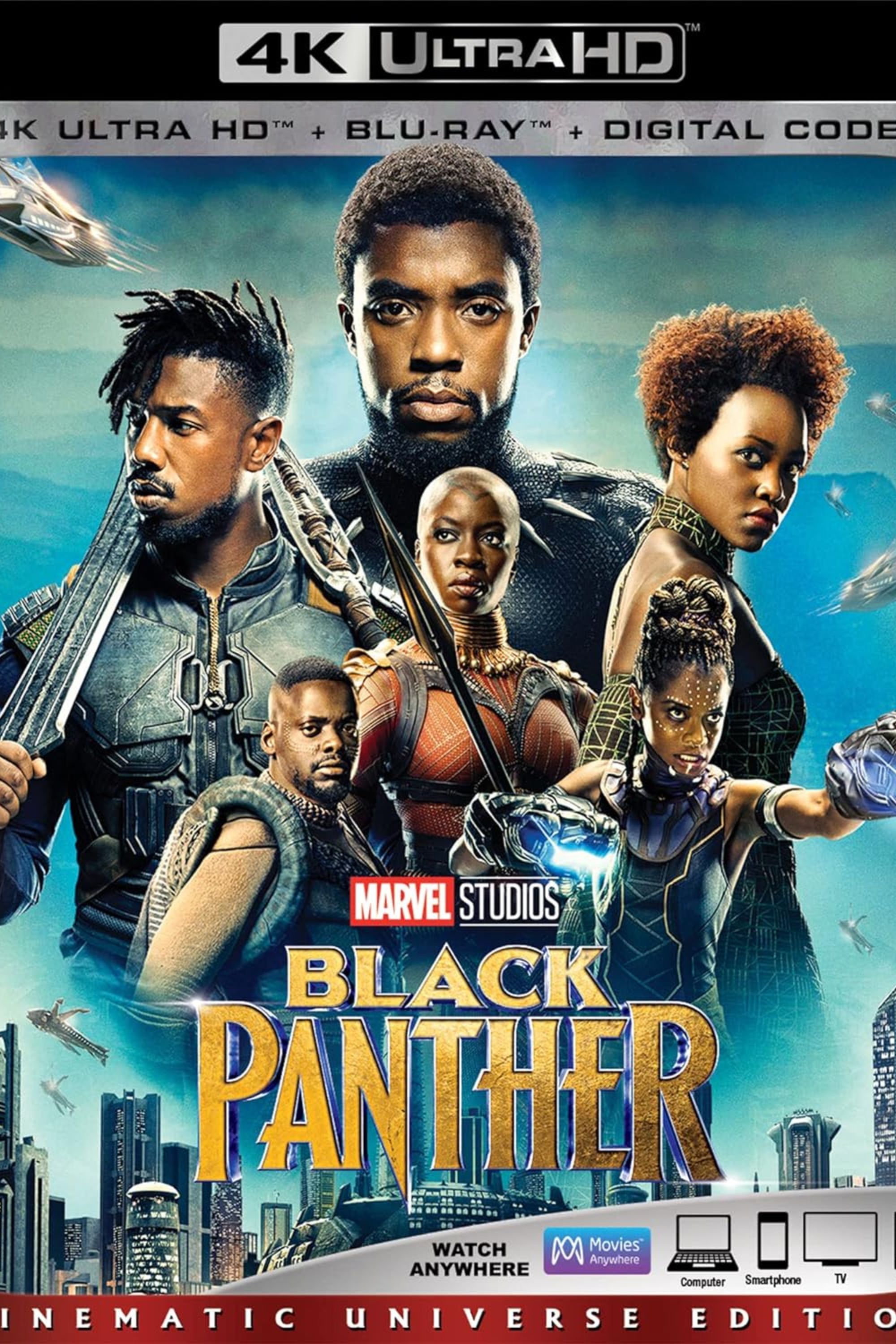
I’m glad to know that playing Fantastic Four carried zero nostalgia for me, besides the fact that these kinds of games just don’t exist anymore. At least, not in this way. I can only imagine a world where we also got game tie-ins for Thunderbolts*, Black Panther 2, or even Fantastic Four: First Steps.
Can you even imagine? I kind of want to play a Black Panther 2 movie game.
But here’s the thing: Those games served a purpose. Were they bad? God, yes. But bad games need to exist. We need slop in the world. Those are the games that we cut our teeth on in our youth, and later look back on with some kind of nostalgia. Even now, as I say that Fantastic Four was awful, I remember that summer in my family’s TV room and still being young and dumb.
Even if the game wasn’t a good time, the era was. Maybe that’s what nostalgia is really about, and not whether every licensed game from our youth was a hidden gem.
I’d still like my free movie ticket, though. You’ll be hearing from my lawyers, Disney.
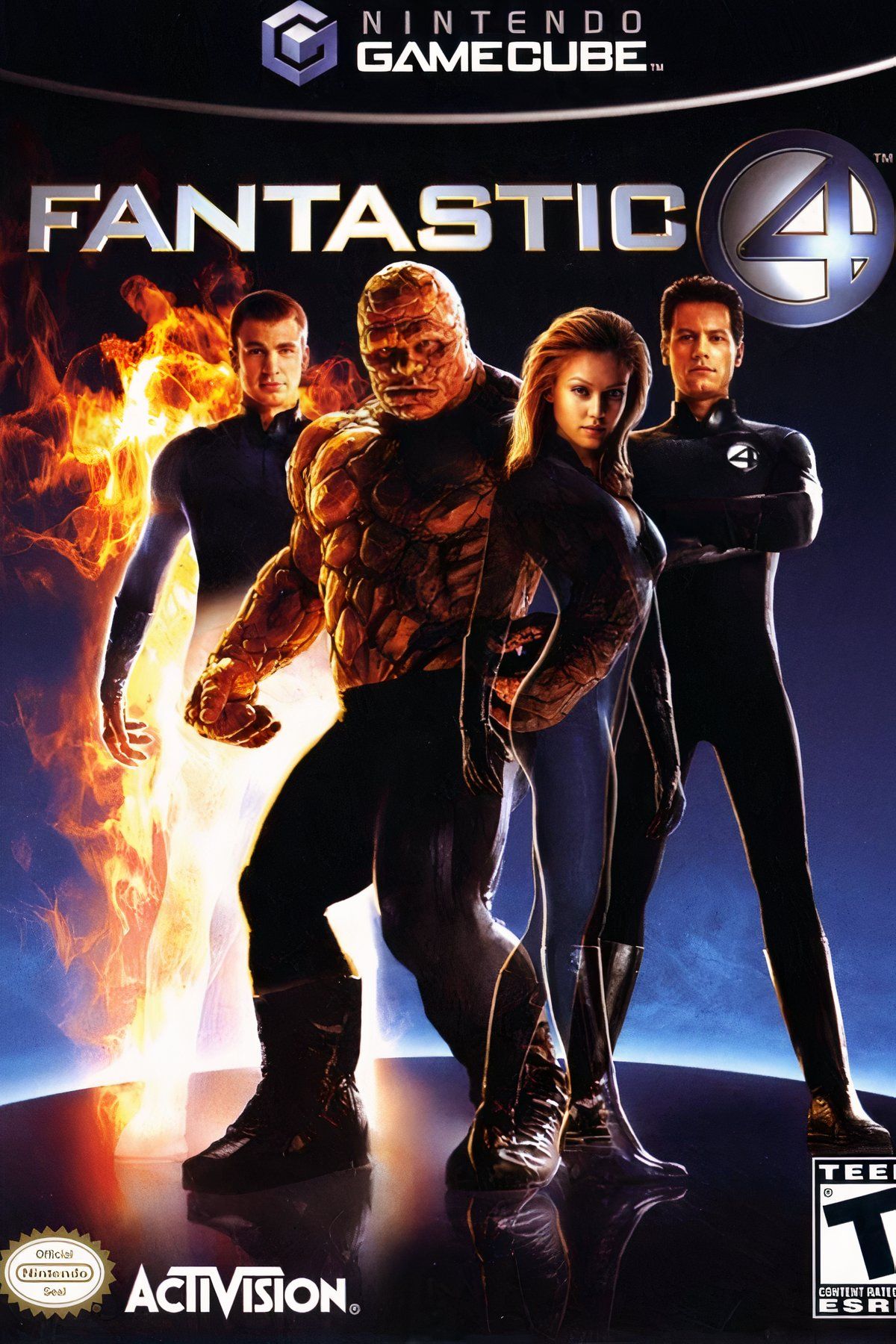
Fantastic Four (2005)
- Released
- June 27, 2005
- ESRB
- t
- Engine
- unreal engine
- Multiplayer
- Local Multiplayer
- Franchise
- Fantastic Four
